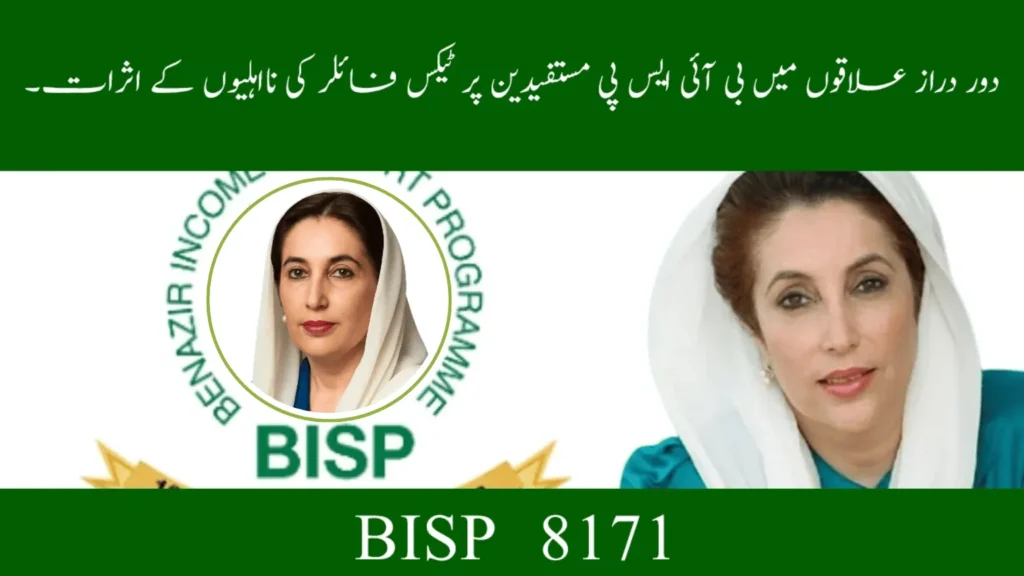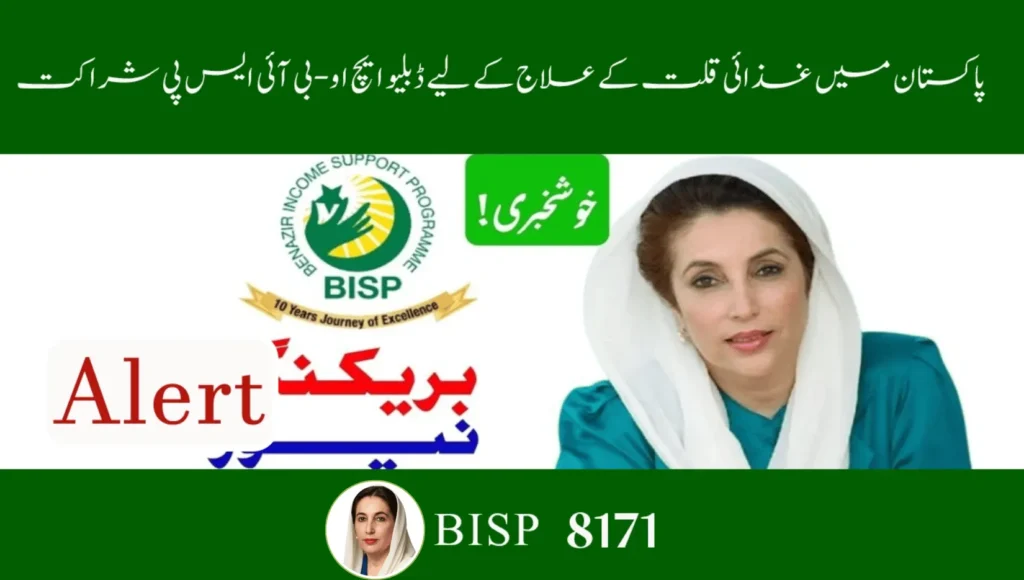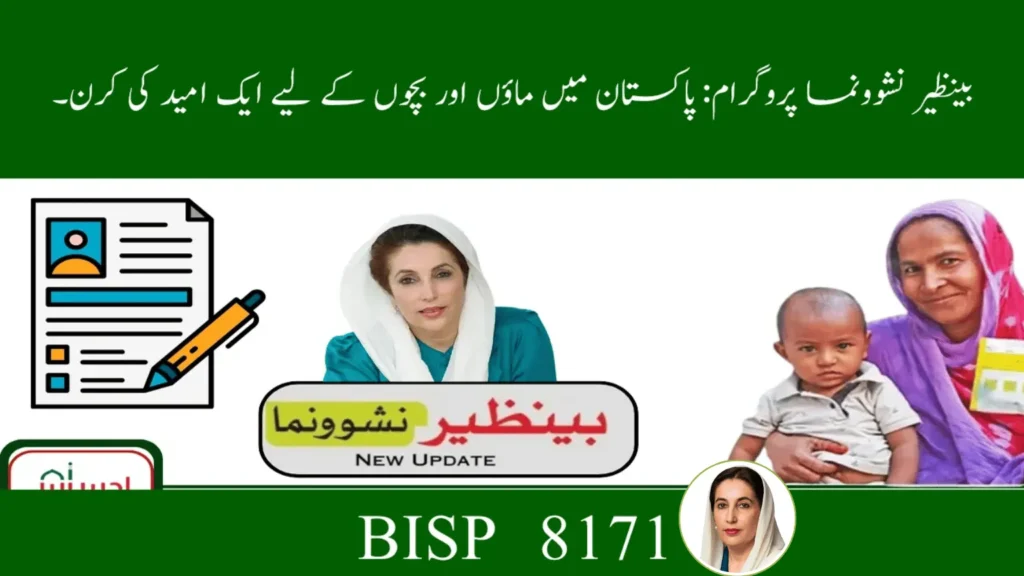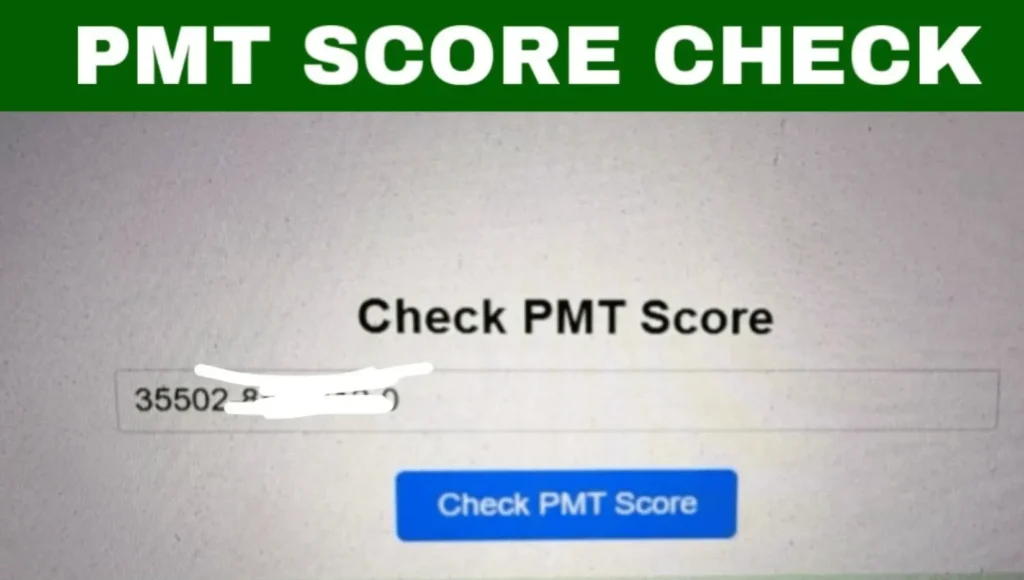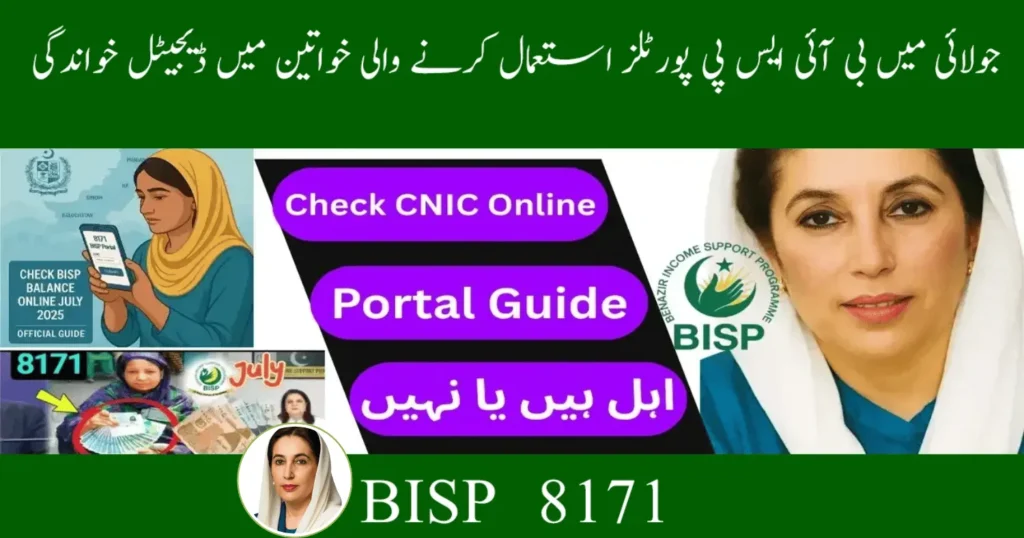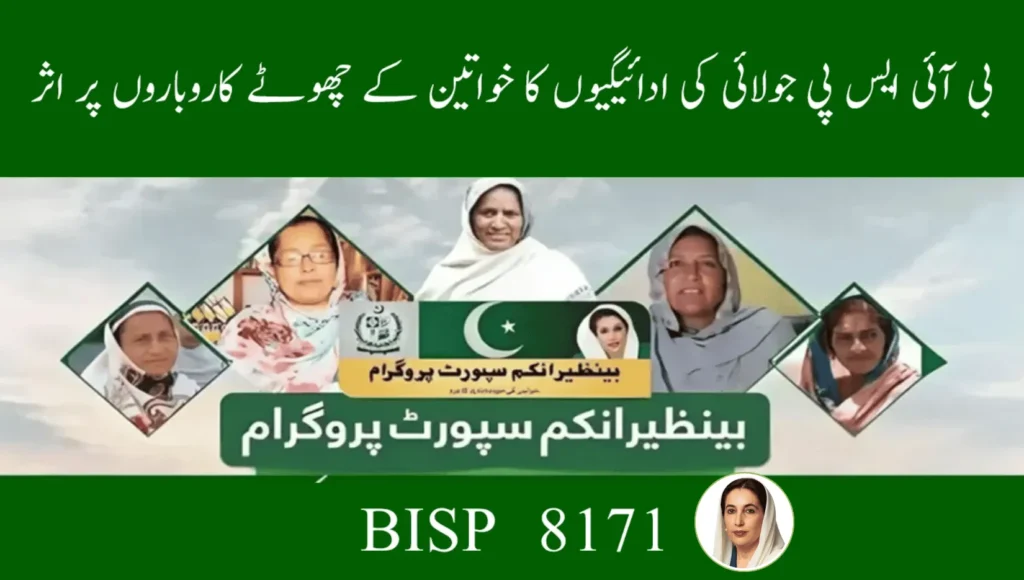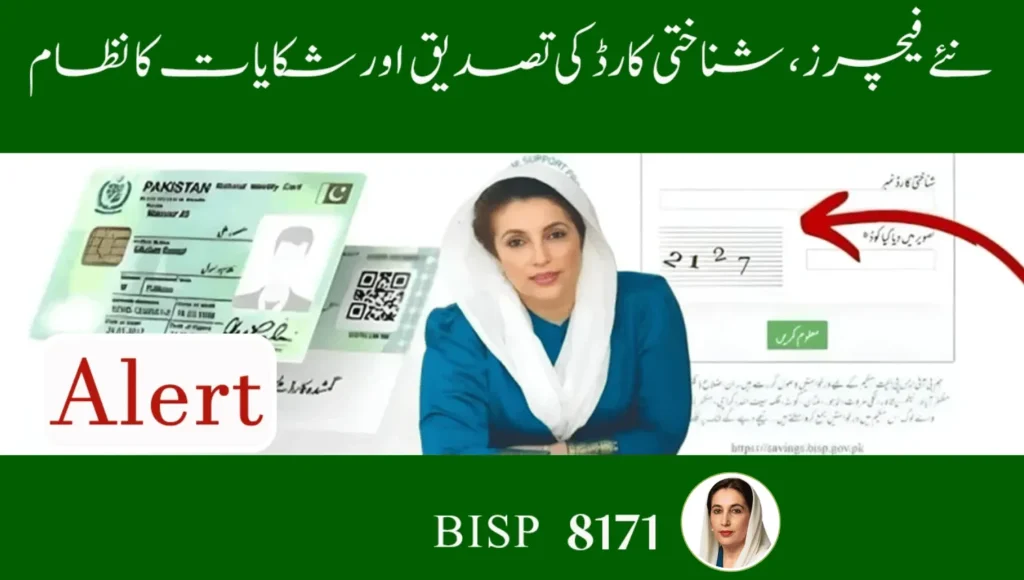How Tax-Filer Rules Are Disqualifying BISP Families in Remote Areas – July 2025 Guide
For thousands of low-income families across Pakistan, the Benazir Income Support Programme (BISP) is more than just cash it’s a lifeline. But in July 2025, a new tax-filer disqualification rule is silently cutting off this support, especially for poor households in remote villages and mountain regions.
This guide explains how the new policy works, why it’s harming deserving families, and what you can do if your BISP payment has stopped due to tax-filer status.
BISP Tax-Filer Rule 2025 & Remote Areas Impact
Complete Guide – New Tax-Filer Verification Rules and Their Impact on Remote Communities
🧾 What Is the New Tax-Filer Rule in BISP 2025?
As part of its eligibility verification, the government now cross-checks beneficiaries with FBR and NADRA databases. If anyone in a household is marked as a tax-filer, or owns registered land, a car, or business, the entire household is disqualified from BISP—even if most family members are jobless or extremely poor.
| Disqualification Criteria | Description | Impact Level |
|---|---|---|
| Tax-Filer Status | Anyone in household marked as tax-filer in FBR database | Household Disqualified |
| Registered Land Ownership | Ownership of registered land property | Household Disqualified |
| Car Ownership | Registered vehicle ownership in household | Household Disqualified |
| Business Registration | Registered business ownership in household | Household Disqualified |
| What This Means | Impact | Status |
|---|---|---|
| No More BISP Installments | No Rs. 8500 or Rs. 13500 payments | Payment Stopped |
| No Access to Educational Support | No access to Taleemi Wazaif or Nashonuma stipends | Benefits Blocked |
| No Automatic Alerts | Families often find out only when the payment stops | No Notification |
🌍 Why Remote Areas Suffer the Most
| Challenge | Description | Impact Level |
|---|---|---|
| 1. Lack of Awareness | Most families in remote villages don’t understand what “tax-filer” means. They don’t know they’ve been disqualified until payments stop unexpectedly | High Impact |
| 2. Access to Help Is Limited | BISP offices are far away—often in urban centers or district HQs. Traveling there takes money, time, and effort many families can’t afford | |
| 3. Wrongful Disqualification | Many are mistakenly flagged as tax-filers due to database errors and identity misuse | System Error |
| 4. Zero Digital Access | Without internet or smartphones, families can’t check status, file complaints, or submit appeals online | Digital Divide |
| Wrongful Disqualification Reasons | Description | Frequency |
|---|---|---|
| CNIC Misuse | Someone else using their CNIC for business or utility | Common |
| Outdated Records | Outdated land or vehicle records in databases | Frequent |
| Database Errors | Errors in NADRA or FBR databases | Regular |
| Digital Access Limitations | What Families Cannot Do | Impact |
|---|---|---|
| Status Checking | Check BISP 8171 CNIC status online | No Information |
| Complaint Filing | File a complaint through online portals | No Voice |
| Appeal Submission | Submit an appeal online | No Recourse |
🧠 “Why Did My BISP Payment Stop?” – Common Questions
| Question | Answer |
|---|---|
| What is a tax-filer? | Someone who has filed income tax or appears in FBR records for owning assets. |
| I never filed tax. Why was I disqualified? | It could be an error. Your CNIC might be wrongly used or linked with someone else’s income. |
| Can I fix this? | Yes. Visit the nearest BISP Tehsil office, request a re-verification, and submit proof of income and ownership. |
🚶 Step-by-Step: What to Do If Your BISP Payment Stops
If you live in a remote area and believe your family was wrongly disqualified:
| Step | Action Required | What to Bring |
|---|---|---|
|
1
|
✅ Visit Your Nearest BISP Center | Bring your original CNIC, take your spouse’s CNIC, bring land or income documents if possible |
|
2
|
✅ Request a Re-verification | Explain your situation, ask to be removed from the tax-filer list, submit a written application if required |
|
3
|
✅ Follow Up | Check your CNIC at 8171.bisp.gov.pk, call BISP helpline: 0800-26477, visit again if there’s no update in 2–3 weeks |
| Required Documents | Document Type | Status |
|---|---|---|
| Original CNIC | Your valid National Identity Card | Must Bring |
| Spouse’s CNIC | Spouse’s valid National Identity Card | Must Bring |
| Income Documents | Proof of income and ownership documents | If Available |
| Follow-up Actions | Method | Timeline |
|---|---|---|
| Online Status Check | Check CNIC at 8171.bisp.gov.pk | Weekly |
| Helpline Call | Call BISP helpline: 0800-26477 | As Needed |
| Office Visit | Visit again if no update | After 2-3 Weeks |
📉 What Happens When BISP Support Stops?
| Life Aspect | Before Tax-Filer Rule | After Disqualification |
|---|---|---|
| Financial Support | Regular Rs. 8500/13500 payment | Zero cash assistance |
| Food Security | Daily food was manageable | Families skip meals |
| Education | Basic school costs were covered | Children drop out |
| Women’s Status | Women had financial control | Now feel helpless and ashamed |
💬 Real Impact: “My CNIC was used by someone else. I didn’t know I was listed as a tax filer. But now, my payments are gone.” – A mother from northern KP
🛠️ How BISP Can Improve Support for Remote Villages
To reduce injustice and confusion, BISP should:
| Improvement Suggestion | Description | Impact Level |
|---|---|---|
| 🚐 Send Mobile Teams | Send mobile teams for doorstep verification | High Impact |
| 📻 Use Radio and Mosque Announcements | Use radio and mosque announcements to inform rule changes | Medium Impact |
| 📜 Provide Printed Letters | Provide printed disqualification letters | Medium Impact |
| 🤝 Accept Written Affidavits | Accept written affidavits from Union Councils | High Impact |
| ☎️ Offer Regional Language Helplines | Offer helplines in regional languages | High Impact |
💡 Important Tax-Filer Rule Guidelines
BISP 2025 میں نئے ٹیکس فائلر کے اصول کے تحت اگر گھر میں کوئی بھی شخص ٹیکس فائل کرتا ہے، زمین، گاڑی یا کاروبار کا مالک ہے تو پورا گھرانہ BISP سے نااہل ہو جاتا ہے۔ دور دراز کے علاقوں میں لوگوں کو اس اصول کی معلومات نہیں ہیں اور غلط طریقے سے نااہل قرار دیا جاتا ہے۔ اگر آپ کی ادائیگی رک گئی ہے تو قریبی BISP دفتر جا کر دوبارہ تصدیق کروائیں۔
💡 Final Thoughts: Don’t Let Rules Punish the Poor
Yes, fraud prevention is important. But it should not come at the cost of cutting off aid to the truly deserving. Many of Pakistan’s poorest families live in remote areas—without internet, education, or access to help.
| Reality Check | Truth About Remote Families | What They Deserve |
|---|---|---|
| They Are Not Tax Evaders | They are survivors struggling with poverty | Right to Appeal |
| They Lack Resources | Without internet, education, or access to help | Clarity in Rules |
| They Need Justice | Deserve fair treatment and proper verification | Equal Access to Justice |
| System Improvement | Current State | Needed Change |
|---|---|---|
| Fraud Prevention | Important but harsh implementation | Smart Implementation |
| Rule Clarity | Confusing and poorly communicated | Clear Communication |
| Access to Help | Limited for remote areas | Equal Access |
🌱 Better Approach: Let’s make the BISP system smarter—not harsher—for the people it’s meant to serve. The goal should be helping the deserving while preventing fraud, not punishing the poor for system errors.

